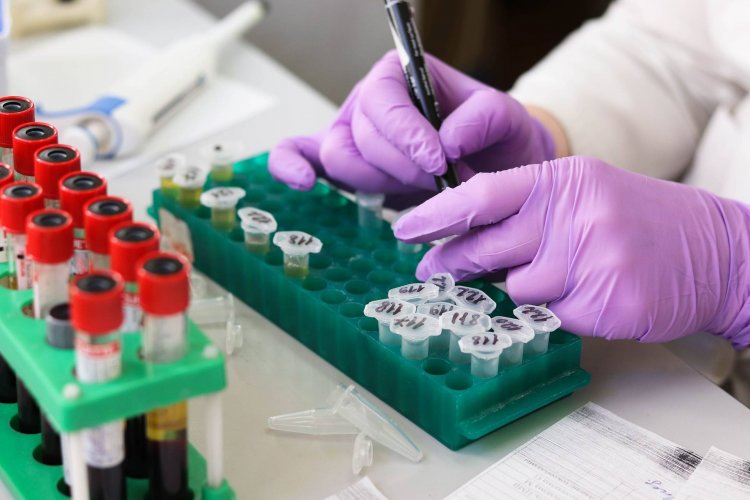Over one million people already exposed to COVID-19 in Accra – Report
The study suggested COVID-19 case are being underreported in Ghana

About 20 per cent of people in Accra and Kasoa may have been exposed to the Coronavirus disease (COVID-19).
This is according to a research by the West African Centre for Cell Biology of Infectious Pathogens (WACCBIP) in collaboration with the Noguchi Memorial Institute for Medical Research (NMIMR).
Per the findings of the study, about 1.2 million people in Accra may have already been infected with the virus.
The study suggested that, many more people were infected the virulent disease than the figures being reported by the Ghana Health Service (GHS).
READ ALSO:
COVID-19: Four new deaths recorded in Ghana; active cases continue to rise
The study was conducted in public places including municipal markets and lorry stations in Accra and Kasoa, shopping malls in Accra, and COVID-19 testing centres and other research institutions and health centres in Accra.
The findings indicated that exposure to COVID-19 was higher amongst those tested in markets and lorry stations than those at the malls.
Overall, 1,305 consenting individuals participated in the study.
Using a pre-validated antibody rapid diagnostic test (RDT), the scientists were able to determine exposure to SARS-CoV-2, by detecting COVID-19 antibodies in blood samples taken from the participants.
Antibodies are blood proteins produced by the immune system to counteract a specific foreign disease-causing agent.
According to the scientists, these tests are only able to detect exposure to the virus with about 70 percent accuracy because antibodies wane after some time and may be hard to detect in some individuals.
As reported by Graphic.com, the Director of WACCBIP, Professor Gordon Awandare, speaking on a webinar on Wednesday, October 28, said “What we are reporting is probably an underestimation because, first of all, these tests that we use are not 100 percent sensitive so they could miss quite a good percentage of people who have been exposed.”
“Having said that, if you think about it in terms of the numbers, the GHS is reporting about 47, 000 cases nationally but if you look at an estimated prevalence in Accra of about 20 percent, and a population in Accra of about 6 million, that gives you about 1.2 million people who have been infected in the past,” he added.
According to the researchers, evidence from the genome sequences also suggest that the virus has changed its genetic make-up and some unique variants can now be found in Ghana that have not been identified anywhere else in the world.
“We have just completed the first detailed molecular analysis of SARS-CoV-2 viruses sequenced in Africa and, in two batches of samples—15 for the first batch and 31 in the second batch—we identified five clades of the virus that are circulating within Ghana,” a Senior Research Fellow at WACCBIP, Dr Peter Quashie, said.
“Because of the quality of our sequences, we were able to actually track and link the different samples to each other and see which samples likely had similar ancestry. We were able to identify unique substitutions or genetic changes, which were identified in Ghana and have either not been identified elsewhere or are known stochastic mutations that occur in-country,” he added.
The scientists believe that the results of both studies provide evidence that COVID-19 is not in decline as current daily confirmed case numbers would suggest, but rather that it is on the rise and spreading in our communities.
“I think these are somewhat cautionary results,” a Research Fellow at WACCBIP, Dr Yaw Bediako, said.
“We know these things can switch in an instant. So, we have to be vigilant and we have to be aware that COVID-19 is, indeed, circulating freely in our country and [that] our current testing protocols, which are focused on symptomatic people, will only capture a very small fraction,” he added.






































